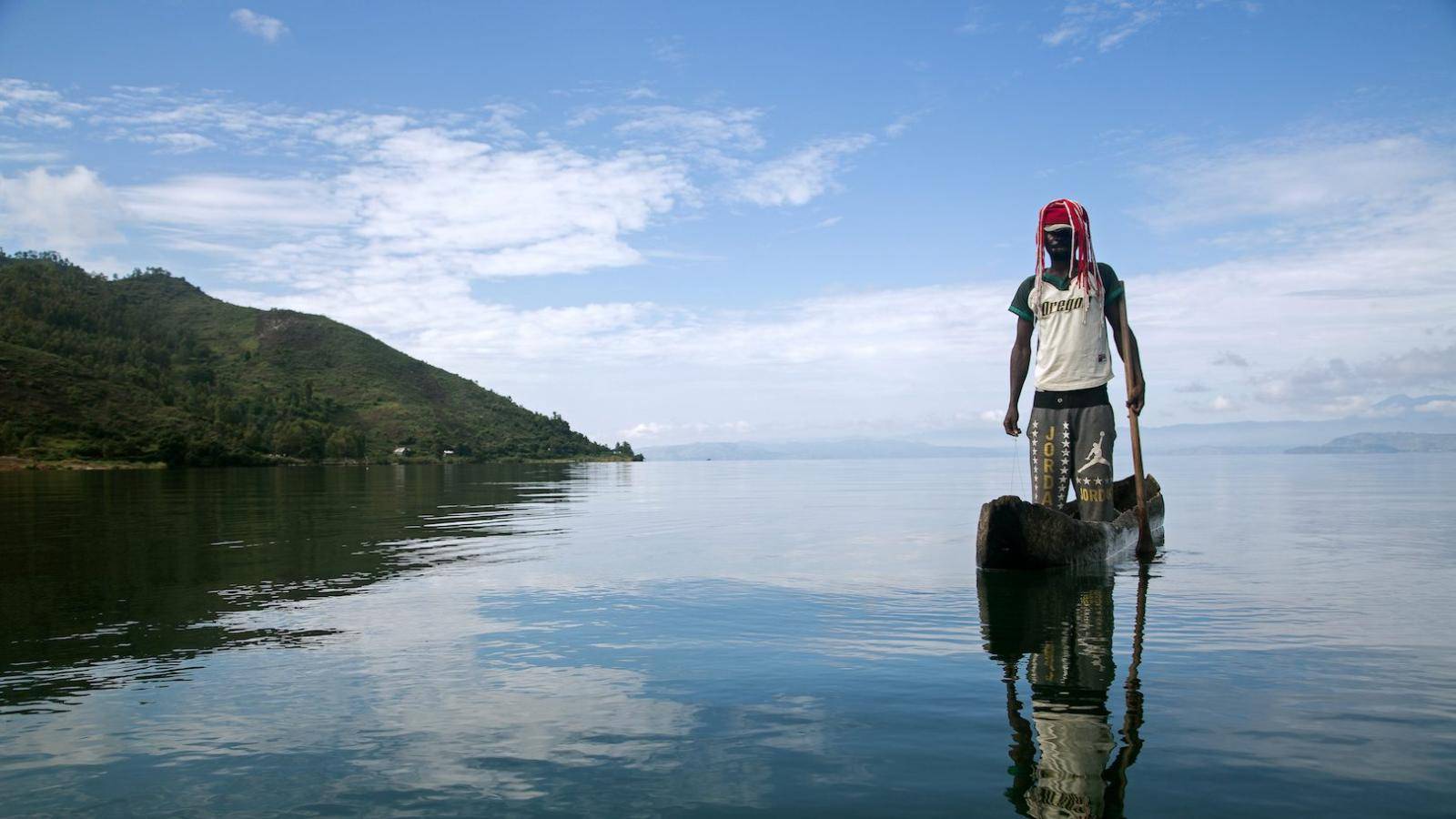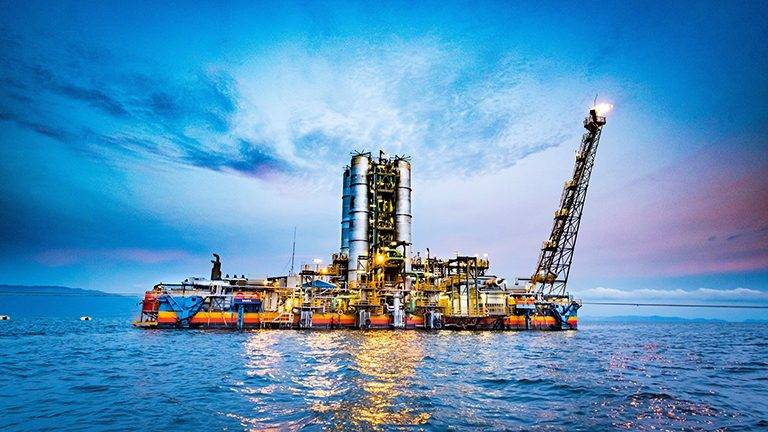Deep Inside Rwanda’s Lake Kivu Where Potentially Dangerous Gases Find Surprise Use In Powering A Nation

Covering an area that spans 2,700 squared-kilometres along a length of 89 kilometres, Lake Kivu is Rwanda is undoubtedly a breath-taking sight. But is also a potential precarious hazard; one that could endanger lives and properties.
Buried deep under Lake Kivu are 300 billion cubic metres of carbon dioxide and 60 billion cubic metres of methane. A rather unfortunate, small seismic disturbance is enough to result in a gas leak that could put the lives of over 2 million people in jeopardy.
To reduce the chance of occurrence for such a potentially damaging disaster, Rwanda is literally removing toxic gas from the water body, and as a bonus, the gas is being used to power homes in a country where only 51 percent have electricity.
That’s what the project, KivuWatt, is all about. The gases are now being removed from the lake through the KivaWatt project with the methane being pumped to a nearby power plant.
“It is very, very important to embark on such projects so as to reduce the content of gas on the lake bed,” Jeffrey Abiodun, Health, Safety and Environment Manager for KivuWatt, tells the BBC.
Besides reducing the gas content and thereby stabilising the lake, the surprise energy source found in the methane contained in the lake bed comes as a bonus point.

Source: ContourGlobal
Engineers work round-the-clock on a barge sitting on the lake, monitoring its conditions. Gas-laden water is pumped up into the barge through pipes and carbon dioxide is siphoned off before the degassed water is returned to the lake.
On its part, the methane collected is transferred to a power plant and put to use in power generation. According to Abiodun, the efforts at KivuWatt are providing up to 30 percent of Rwanda’s energy needs.
With electricity only available to just 51 percent of Rwandans at the moment, the government has plans of achieving 100 percent electricity availability by 2024 and the construction of three more KivuWatt barges, as planned, might go some way towards the achievement of that feat.
Featured Image Courtesy: Quartz